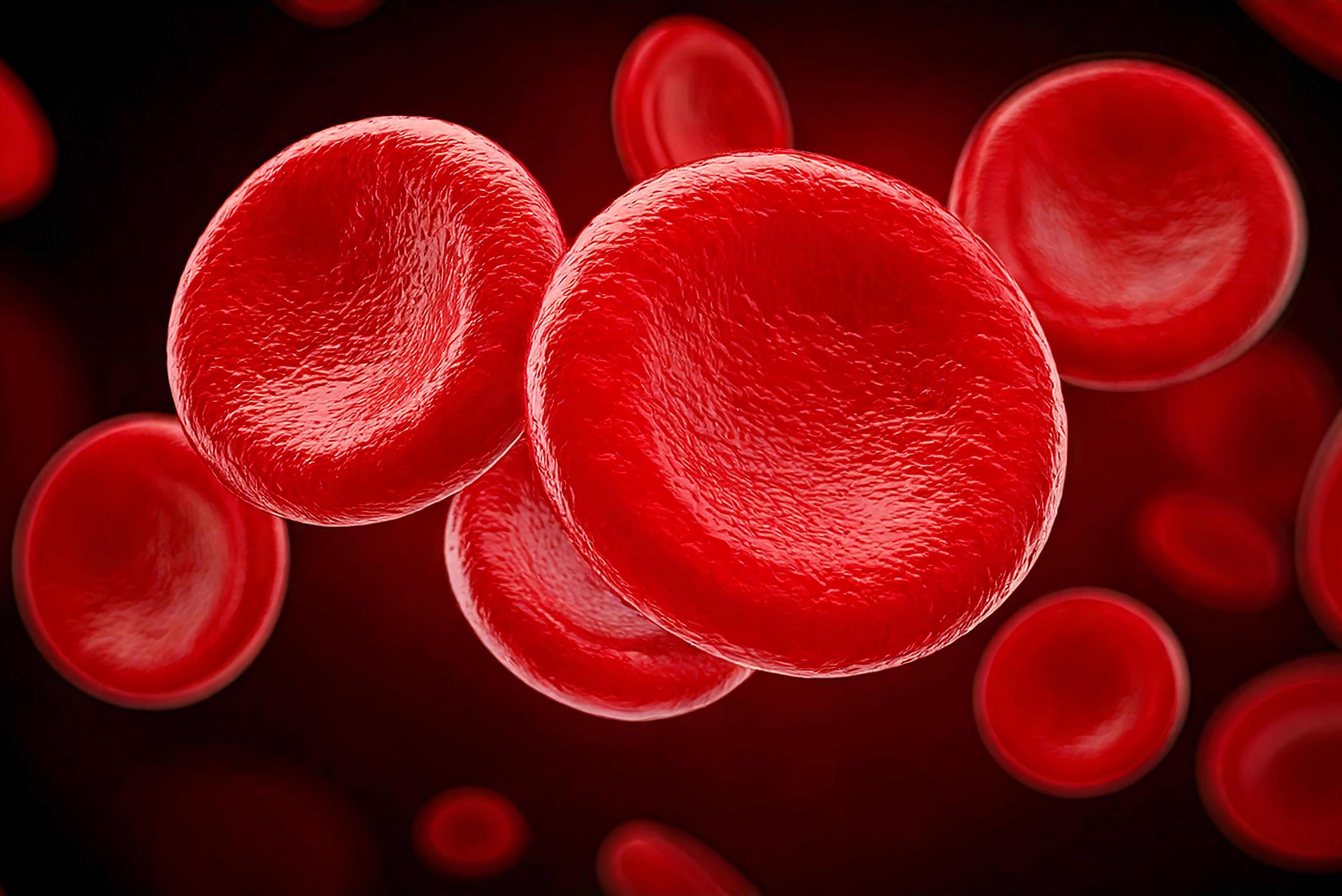
(Vienna, 17 April 2025) A recent study led by the Medical University of Vienna shows that the haematocrit value, i.e. the proportion of red blood cells in blood volume, has a direct influence on blood sugar levels. The researchers were able to show that an increase in the number of red blood cells directly causes a decrease in blood sugar. The results, which have been published in the journal "Science Advances", could help to find new ways of treating diabetes mellitus.
"Although haematocrit and blood sugar are among the most frequently measured laboratory parameters, their direct association remained unnoticed until now," emphasises study leader Clemens Fürnsinn (Department of Medicine III, MedUni Vienna) the impact of the study results. The international research team's new findings can not only explain the blood sugar lowering effect of staying at high altitudes, but can also lead to the development of new, personalised diagnostic and therapeutic approaches for diabetes mellitus.
The fact that mountain dwellers are less likely to suffer from diabetes has so far been attributed mainly to the reduced oxygen content of the air at high altitudes, which, among other things, causes an increase in the number of red blood cells. Yet it had not been considered that the amount of red blood cells could be the direct cause of the altered blood sugar regulation at high altitudes. To better understand this mechanism, mice were kept under hypoxia, i.e. under reduced oxygen in the air, as part of the research work. It was found that the blood sugar of these animals gradually decreased without weight loss being a possible cause. A targeted increase in the haematocrit by infusion of donor blood or by administering erythropoietin (EPO), a hormone produced by the body to stimulate blood cell production, led to a comparable decrease in blood sugar. "The research results suggest that red blood cells are not only responsible for oxygen transport, but can also transport glucose. This could explain why an increase in the haematocrit is associated with a reduction in blood sugar," explains Clemens Fürnsinn.
The study adds to a long tradition of research into high-altitude physiology and blood sugar regulation. Previous research has already shown that people at high altitudes are less likely to develop diabetes mellitus. At the same time, it is known that erythropoietin (EPO) not only regulates the formation of red blood cells but can also have effects on energy metabolism. "Our findings provide an explanation for these connections and could help to find new ways to treat diabetes mellitus in the future," says Clemens Fürnsinn, looking ahead to further studies that will deepen the results.
Publication: Science Advances
A direct effect of the hematocrit on blood glucose: Evidence from hypoxia- and erythropoietin-treated mice.
Thomas Scherer, Matthäus Metz, Marianna Beghini, Martin Bilban, Lisa Gensthaler, Andreea C. Luca, Mairam Kaplanian, Sameer Abu Eid, Oliver Koldyka, Martina T. Hackl, Sabine Dürr, Elisa Rivelles, Stefanie S. Schönecker, Lisa Pöltl, Ayperi Kaya, Rime Chami, Laura Nusko, Claudia Tschare, Kathleen Ablaza, Anna-Lena Höbler, Peter Klimek, Michael Leutner, Masayuki Yamamoto, Norio Suzuki, Kerstin Stemmer, Maximilian Zeyda, Daniel Steinacher, Lukas Nics, Antonia M. S. Müller, Thomas H. Helbich, Richard Moriggl, Alexandra Kautzky-Willer, Ursula Windberger, Gerhard Prager, Clemens Fürnsinn.
DOI: 10.1126/sciadv.adt7366